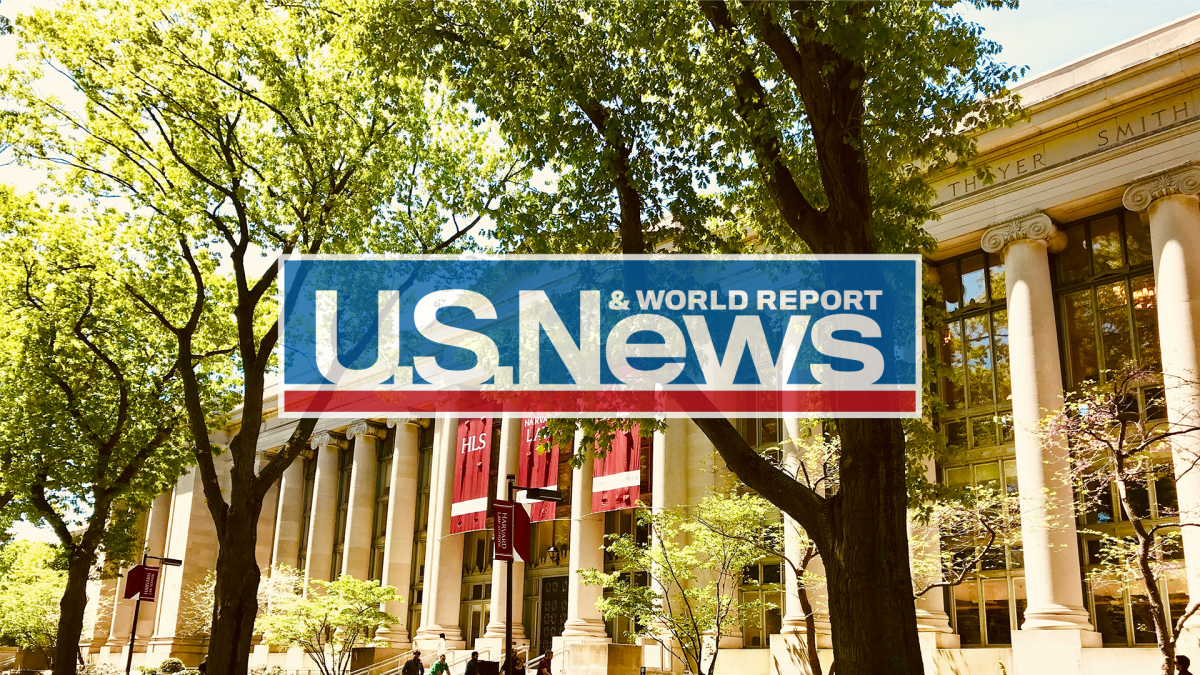According to a recent NC State news release, PNC has become the official bank of NC State. Upon first hearing this news, I was somewhat confused as to what exactly that meant, why precisely a state institution needs an official bank as well as how this could possibly influence students.
Corporate sponsorships are nothing bizarre, so at first it may not be apparent why this announcement is a big deal in comparison to similar situations. But, the fact that any corporate sponsorship of a public university seems normal to us really ought to be the source of concern. The original purpose of creating tax-funded institutions was to ensure affordable and reliable access to higher education for all citizens.
Among corporations, some are more suspect than others with regards to sponsorship deals. Athletic products have a clear market strategy: support athletic teams with money and gear and receive free advertising and a cut of the proceeds. Food products offer their services and pay rent in exchange for a premier location in terms of food consumption. Both of these exchanges make money for both parties at the expense of willing consumers.
By contrast, a bank such as PNC has less obvious reasons to involve itself on NC State’s campus. Most striking is the depth with which PNC is ingraining itself. According to the news release, the bank’s deal with the university parallels a similar agreement to become a sponsor of NC State athletics. It will be allowed to install up to nine ATMs throughout the campuses, establish an office inside Talley Student Union and offer accounts to students and faculty.
While this wide reach will make it difficult to avoid PNC products, the agreement doesn’t stop there, as the news release continues. A new “co-branded” debit card and a student ID “with the capacity to link to PNC accounts” demonstrates a serious commitment between the university and the company.
PNC will also start offering financial literacy workshops to students stating, “Our relationship will help students and individuals make educated, responsible financial decisions that will serve them all of their lives.” While monetary skills are certainly an essential tool for college students, it seems to pose a serious conflict of interest for a bank to be offering these programs.
Given that PNC will also be offering interested students access to accounts and debit cards, it seems doubtful that these classes will be wholly objective and devoted exclusively to students’ financial interests. It is certainly possible that PNC means precisely what they claim in their statement from the news release, but we ought to remain skeptical of a profit-seeking entity doing this out of the goodness of its heart.
Instead of relying on corporations with dubious interest in student welfare, our public university ought to rely chiefly on funds from the public, that is, the government. Fault in this matter certainly rests with the administration for agreeing to this 15-year contract, but the lion’s share of blame must lie upon the North Carolina state legislature.
An article by The News & Observer offers a look into the recent funding history of the UNC system, which is to say, the ongoing disgrace of our state’s public universities. The legislature in July passed a budget granting $2.8 billion to the system, up from $2.6 billion 10 years ago, without taking inflation into account. The column notes by contrast, “In real, inflation-adjusted dollars, UNC has absorbed a double-digit cut in state appropriations during the past decade.”
No wonder the universities have moved to outside sources of funding while trying not to spike tuition rates. It’s too late to stop the contract from taking effect, and undoubtedly it would be unwise to reverse it before the 15-year duration is up and risk expensive penalties.
However, it is never too late for us to call our representatives in Raleigh and vote in upcoming elections. We can trust in the quality of our higher education facilities and not send them scrounging for funds that might compromise their mission, as stated in the news release, “to create economic, societal and intellectual prosperity.”








